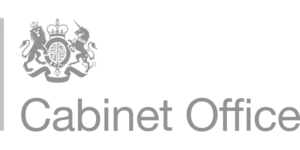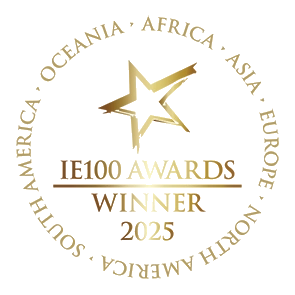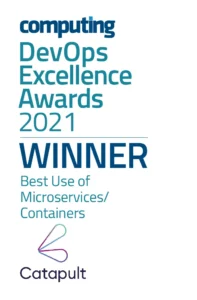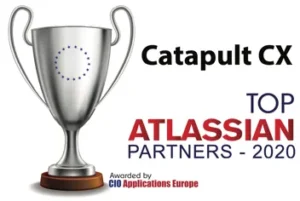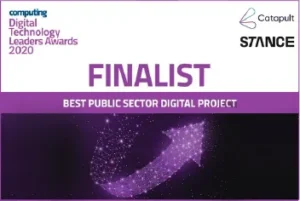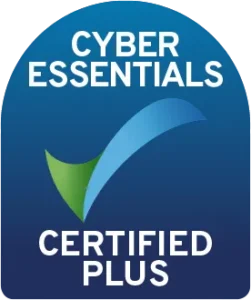Digitalising the UK Beacon Register.

Significant reduction in manual processing & registration backlogs
£300,000
In annual cost savings
1
Moved from multiple to single contact centre
THE CHALLENGE
Modernising beacon registration to save time and lives
The legacy Beacon Register was slow, paper-based and fragmented, putting both responders and users at risk.
Key challenges included:
– Backlogs of up to 18 months in processing registrations
– Heavy reliance on manual data entry and validation
– Inaccurate or incomplete data increasing the risk of false alarms
– Limited user confidence in knowing if their beacon was properly registered
– Barriers to access, especially for users without easy access to technology
– High operational costs and duplicated effort across multiple support teams
The MCA needed a service that was accessible, automated, and reliable, while reducing costs and improving the quality of SAR decisions
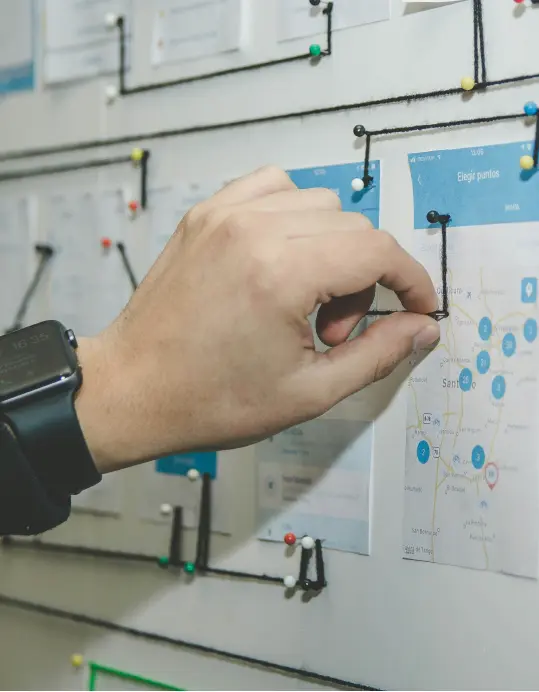
THE SOLUTION
Built for agility. Designed for lifesaving precision
Catapult designed and delivered a fully digital, mobile-optimised self-service registration platform, built to meet user needs and SAR response requirements.
Key features:
– 24/7 mobile-optimised access across all devices, supporting assisted digital
– Real-time data validation on entry (e.g. beacon ID, address lookup)
– User-friendly interface with pre-submission answer checks
– Automated reminders via GOV.UK Notify to prevent data decay and ensure contact info is current
– Empowered users to manage and update their data directly, reducing reliance on MCA staff
– Agile delivery with sprints, fail-fast culture and regular show-and-tells
– DevSecOps pipeline enabled continuous delivery and quality assurance
– Collaboration tools (Jira, Confluence, Teams) improved visibility and team velocity
The service successfully passed the Alpha Service Standard assessment, demonstrating readiness for further development and public use.

THE RESULTS
Saving time, money and lives
The transformed Beacon Registration service lays the foundation for faster emergency response, reduced cost to serve, and increased user trust, all while improving safety outcomes across the UK maritime community.
– £300,000 in annual cost savings through automation and service consolidation
– Streamlined contact model, shifting to a single customer contact centre
– Significant reduction in manual processing and registration backlogs
– Improved data quality, allowing better triage of SAR incidents and faster identification of false alarms
– Increased confidence for users, knowing their beacon is properly registered and monitored
– Enhanced user experience, with a modern, accessible service available anytime, anywhere






